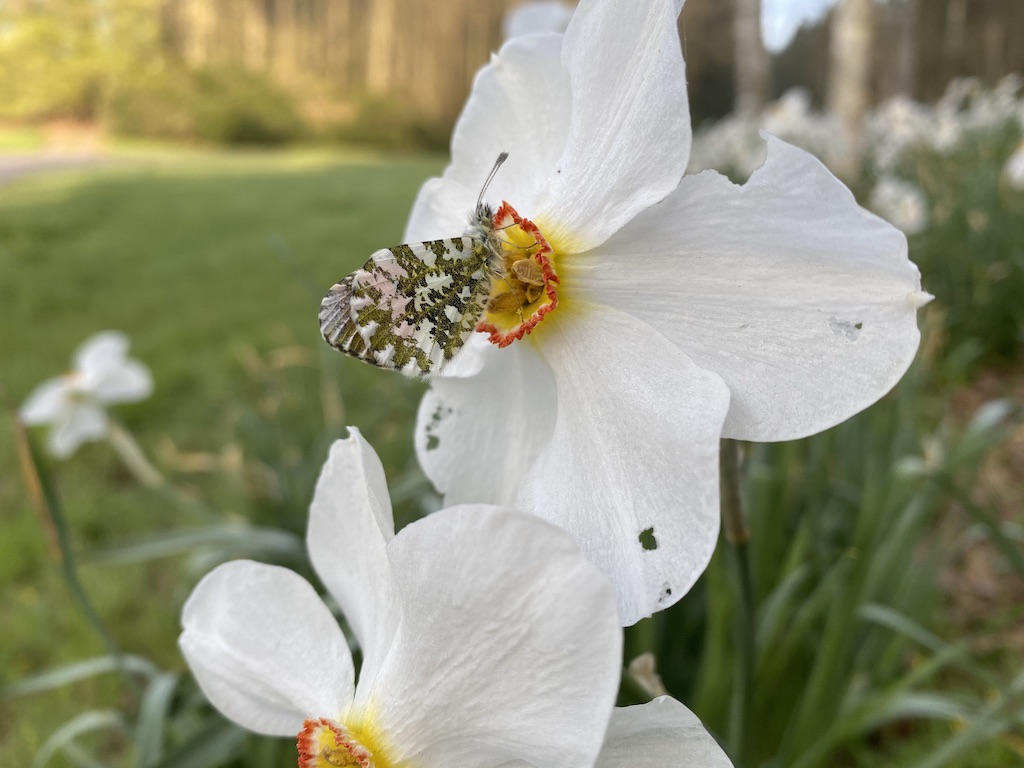
Recently I received the Upajjhatthana Sutta**, a contemplation on 5 impermanences of dualistic life. It is a Buddhist exercise to cultivate detachment. This sutta got me thinking and two meditations sessions later an adaptation came to me that reflects the philosophy, I can’t say ‘that underpins’ but rather, which illustrates a possible understanding of Integral Presence. I share with you this contemplative reflection here below.
Upajjhatthana Sutta
Subjects for Contemplation/ 5 Remembrances
I am of the nature to grow old. There is no way to escape growing old.
I am of the nature to have ill health. There is no way to escape ill health.
I am of the nature to die. There is no way to escape death.
All that is dear to me and everyone I love are of the nature to change.
There is no way to escape being separated from them.
My actions are my only true belongings. I cannot escape the
consequences of my actions. My actions are the ground upon which I
stand.
The Integral Presence Sutta
My physical body and functional ego are of the nature to grow old. They have no way to escape growing old.
My Inner Being is immortal. It has no escape from Eternity.
My Soul and Spirit can freely choose to identify with my Inner Being and enjoy eternal freshness in the creative Now.
My physical body and functional ego are of the nature to have ill health. They have no way to escape ill health.
My Inner Being is in perfect harmony and truth.
My Soul and Spirit can freely choose to growth into the perfection of my Inner Being.
My physical body and functional ego are of the nature to die. They have no way to escape death.
My Inner Being is indestructible.
My Soul and Spirit can freely choose to commune with, and thus become like, my Inner Being.
All physical objects that I may get attached to, and the appearance of everyone I love are of the nature to change.
There is no way to escape being separated from objects and appearances.
My Inner Being and the Inner Being of my loved ones are one and inseparable.
My Soul and Spirit can freely decide to either attach themselves to form and appearance, or to reside in the indestructible Essential Nature of my relationships.
My words, thoughts, and actions leave significant imprints in my soul and spirit. My soul and spirit will have to deal with the consequences of my words, thoughts, and actions.
My Inner Being is incorruptible perfection of Goodness, Beauty and Truth.
My physical body, functional ego, Soul and Spirit can freely choose to express, and thus become more and more like my Inner Being.
*Sutra (Sanskrit: सूत्र, romanized: sūtra, lit. ‘string, thread’) in Indian literary traditions refers to an aphorism or a collection of aphorisms in the form of a manual or, more broadly, a condensed manual or text. Sutras are a genre of ancient and medieval Indian texts found in Hinduism, Buddhism and Jainism. In Buddhism, sutras, also known as suttas, are canonical scriptures, many of which are regarded as records of the oral teachings of Gautama Buddha. They are not aphoristic, but are quite detailed, sometimes with repetition. This may reflect a philological root of sukta (well spoken), rather than sutra (thread).
** The Pali version of the Sanskrit term Sutra
